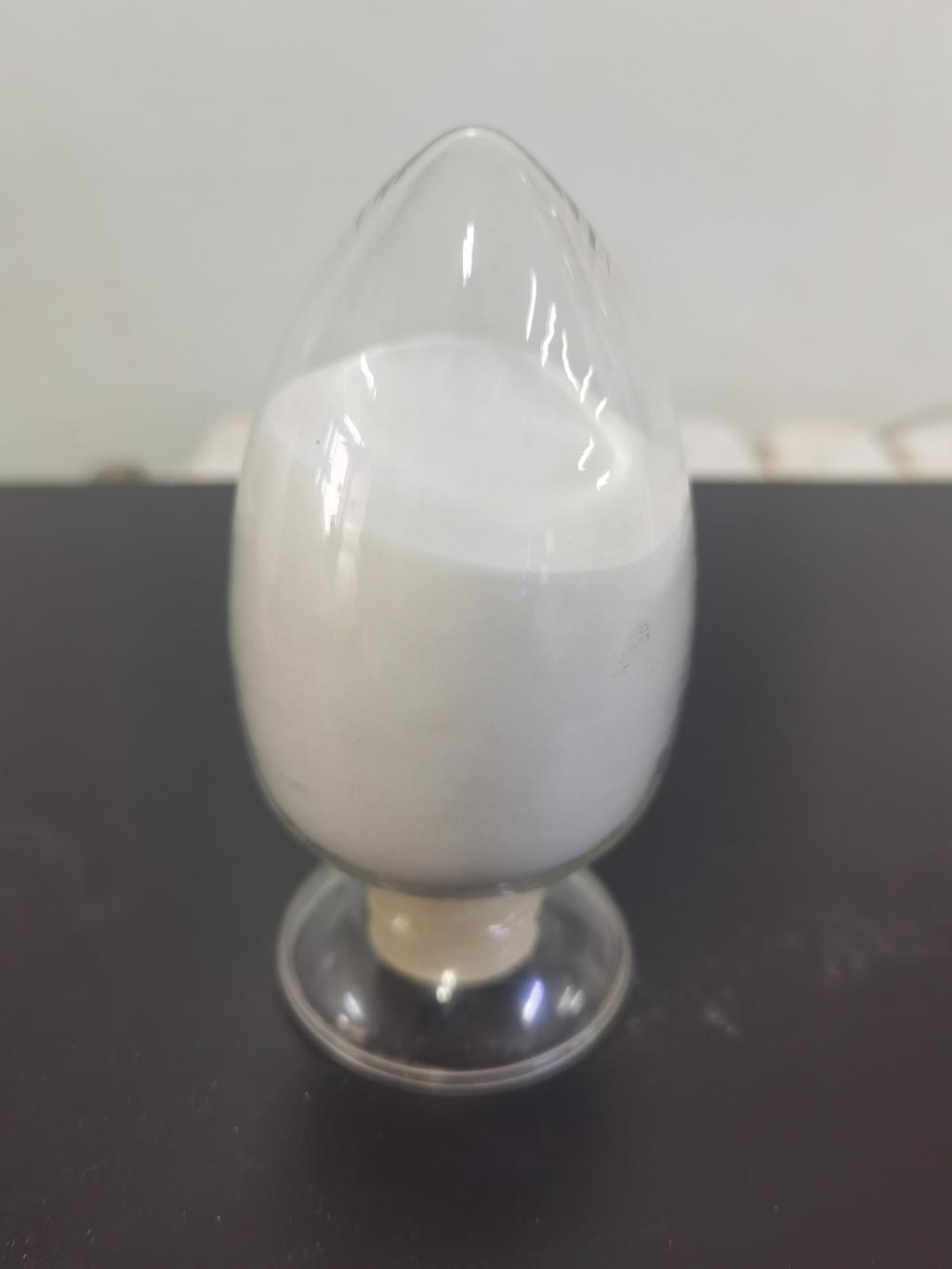Tel:0086 18231198596

News
Precision Livestock Farming: Optimizing Animal Well-Being with ε-Polylysine Hydrochloride
TIME:2024-03-13
Health Promotion:
Maintaining optimal health is essential for animal welfare and productivity in livestock farming. Pathogenic bacteria, viruses, and parasites can pose significant threats to animal health, leading to diseases and reduced performance. ε-Polylysine Hydrochloride exhibits potent antimicrobial properties, inhibiting the growth of a wide range of pathogens in the gastrointestinal tract and other body systems.
By incorporating ε-Polylysine Hydrochloride into feed or water supplies, farmers can promote a healthier microbial balance in the gut, reducing the risk of infections and enhancing overall health. Studies have demonstrated the efficacy of ε-Polylysine Hydrochloride in controlling pathogens such as Salmonella, Escherichia coli, and Clostridium perfringens in livestock. In PLF systems, real-time monitoring of animal health parameters enables farmers to detect early signs of illness and implement targeted interventions, including ε-Polylysine Hydrochloride supplementation, to maintain optimal health and well-being.
Immune Enhancement:
A robust immune system is essential for animals to withstand disease challenges and maintain resilience in the face of stressors. ε-Polylysine Hydrochloride has been shown to modulate immune function, enhancing both innate and adaptive immune responses in livestock. By stimulating immune cell activity and cytokine production, ε-Polylysine Hydrochloride helps animals mount a more effective defense against pathogens and other stressors.
Supplementation with ε-Polylysine Hydrochloride can improve vaccine efficacy and reduce the incidence and severity of infections in livestock. Additionally, ε-Polylysine Hydrochloride has been shown to have anti-inflammatory properties, helping to alleviate inflammation and promote tissue repair in animals under stress. In PLF systems, continuous monitoring of immune parameters, such as white blood cell counts and antibody titers, can provide insights into animals' immune status and guide ε-Polylysine Hydrochloride supplementation strategies to optimize immune function.
Stress Reduction:
Livestock are susceptible to various stressors, including environmental changes, social interactions, and handling procedures, which can adversely affect their welfare and performance. ε-Polylysine Hydrochloride has been studied for its potential to reduce stress in animals by modulating the gut-brain axis and promoting a healthy gut microbiota. By stabilizing the microbial community in the gut, ε-Polylysine Hydrochloride helps regulate neurotransmitter production and signaling, leading to reduced stress responses and improved behavioral outcomes.
Supplementation with ε-Polylysine Hydrochloride has been shown to mitigate the negative effects of stress on animals, including decreased feed intake, weight loss, and compromised immune function. In PLF systems, real-time monitoring of animal behavior and physiological parameters allows farmers to identify stressors and implement targeted interventions, such as ε-Polylysine Hydrochloride supplementation, to promote stress resilience and well-being in livestock.
Conclusion:
ε-Polylysine Hydrochloride holds significant promise in optimizing animal well-being within the framework of Precision Livestock Farming (PLF). By promoting health, enhancing immune function, and reducing stress in livestock, ε-Polylysine Hydrochloride contributes to improved welfare, productivity, and sustainability in livestock farming. Integration of ε-Polylysine Hydrochloride into PLF practices enables farmers to monitor and manage animal well-being in real time, leading to more efficient and ethical livestock production systems.
Moving forward, continued research and innovation are needed to optimize the use of ε-Polylysine Hydrochloride in PLF systems and ensure its efficacy and safety for livestock. Collaborative efforts between researchers, farmers, and industry stakeholders can facilitate the development of best practices and guidelines for ε-Polylysine Hydrochloride supplementation in different livestock production systems. By embracing ε-Polylysine Hydrochloride as a tool for enhancing animal well-being, farmers can meet the growing demand for sustainable and ethical livestock products while also improving their bottom line.

 CONTACT
CONTACT




